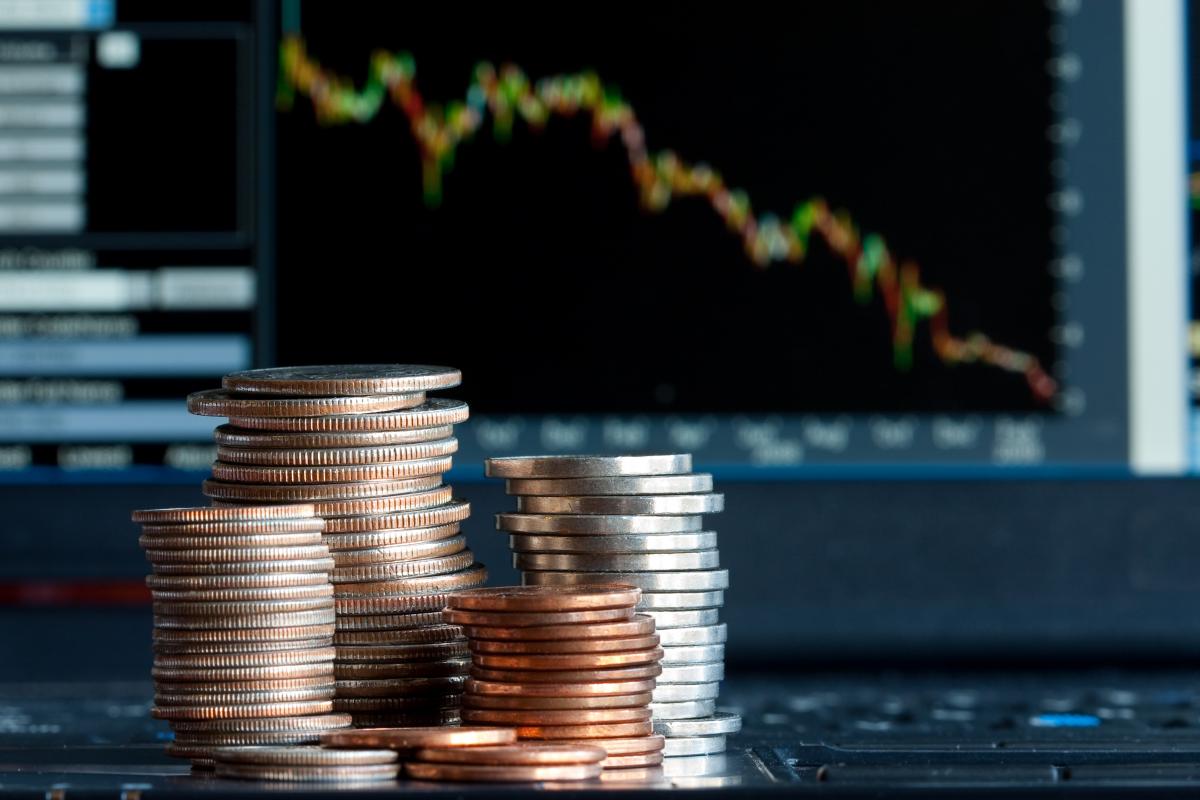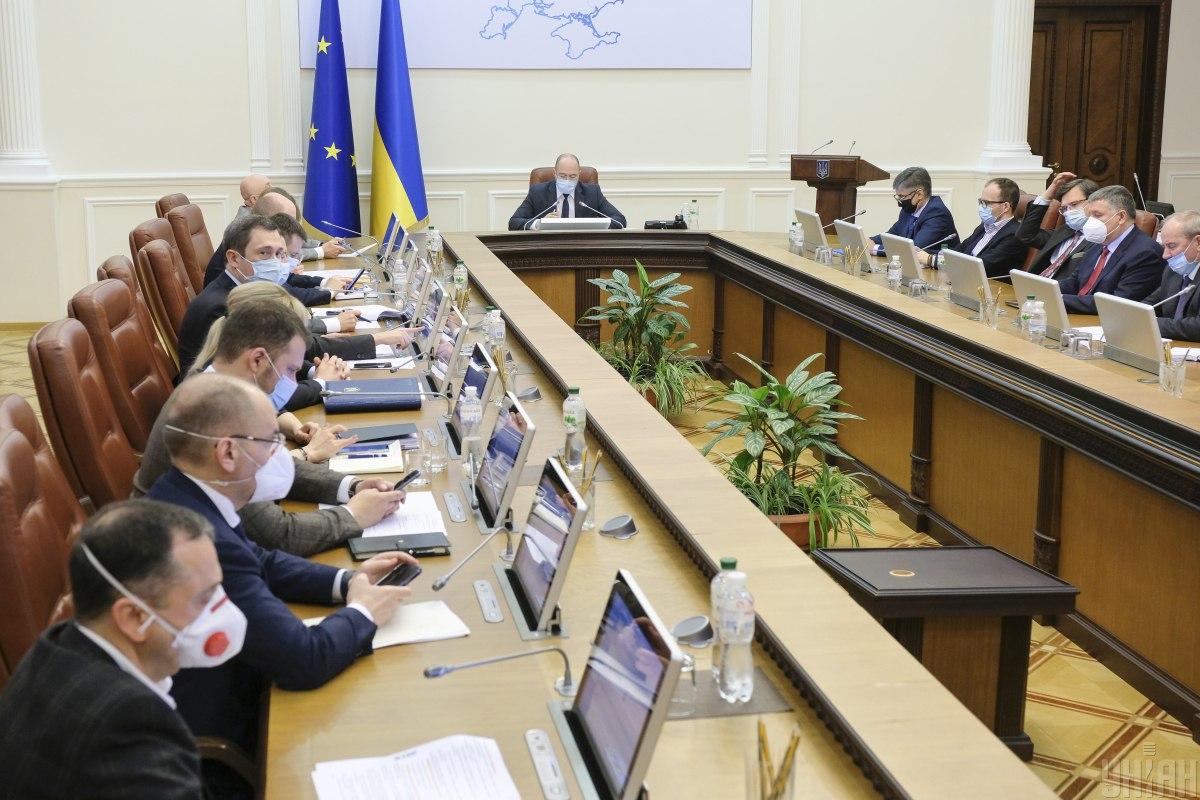
Action plan returned for revision: will Shmyhal’s Cabinet receive 12-month immunity
The government submitted to parliament an action plan to restore the economy. On Thursday, the Rada sent it back for revision, refusing to provide the Cabinet, led by Denys Shmyhal, 12-month immunity from resignation. Is there a future for the program of "healthy economic nationalism"?
It seems that the plan that the Cabinet Action Program will be quickly approved by people's deputies has failed. The Cabinet couldn’t seal 12-month immunity from dismissal, which the Constitution grants any government if such a document is approved.
On Thursday, Ukraine's Parliament, at the request of the prime minister himself, sent the Program for revision by its authors. President Volodymyr Zelensky also said the government’s program had to be improved since it had been developed when no one was expecting the corona pandemic.
"A government program had been developed, but no one expected a coronavirus. Therefore, he [PM Shmyhal] turned to people, saying: we have a coronavirus, quarantine measures, and the government’s program should be changed due to COVID-19. We need to update it," Zelensky said during a trip to the Khmelnytsky region.
A weird situation, given that throughout the three months since Shmyhal Cabinet was appointed, the pandemic has only been gaining momentum in Ukraine, while the first steps to combat the novel disease had been taken back in February, by this government's predecessors.
In March, as the new prime minister was taking the helm, the economy was already struggling. After GDP growth in 4Q of 2019 slowed down to 1.5% compared to 2018, in January-February 2020, GDP fell by 0.2%, while the decline in industrial output that began last year reached 7.7% in March.
A few weeks of downtime further exacerbated the crisis, which led to the industrial output plunging by 16.2% in April, with unemployment affecting half a million people.
As a result, forecasts of Ukrainian and international experts on the fall in GDP in 2020 are in the range of 5 to 8%. But if the economy isn't revived in the near future, the decline may turn out to be even deeper.
"School essay"
In the conditions of an unfolding economic storm, the public and businesses logically expected from government some concrete and effective steps to save the economy and alleviate the burden of the crisis for citizens.
And all this should have been reflected in the Cabinet's program, which ministers began to prepare immediately upon taking office. However, the Cabinet made few meaningful steps to stimulate the economy amid the national quarantine. Legislators discussing this document compared the program with a "school essay." However, PM disagreed with such an assessment.
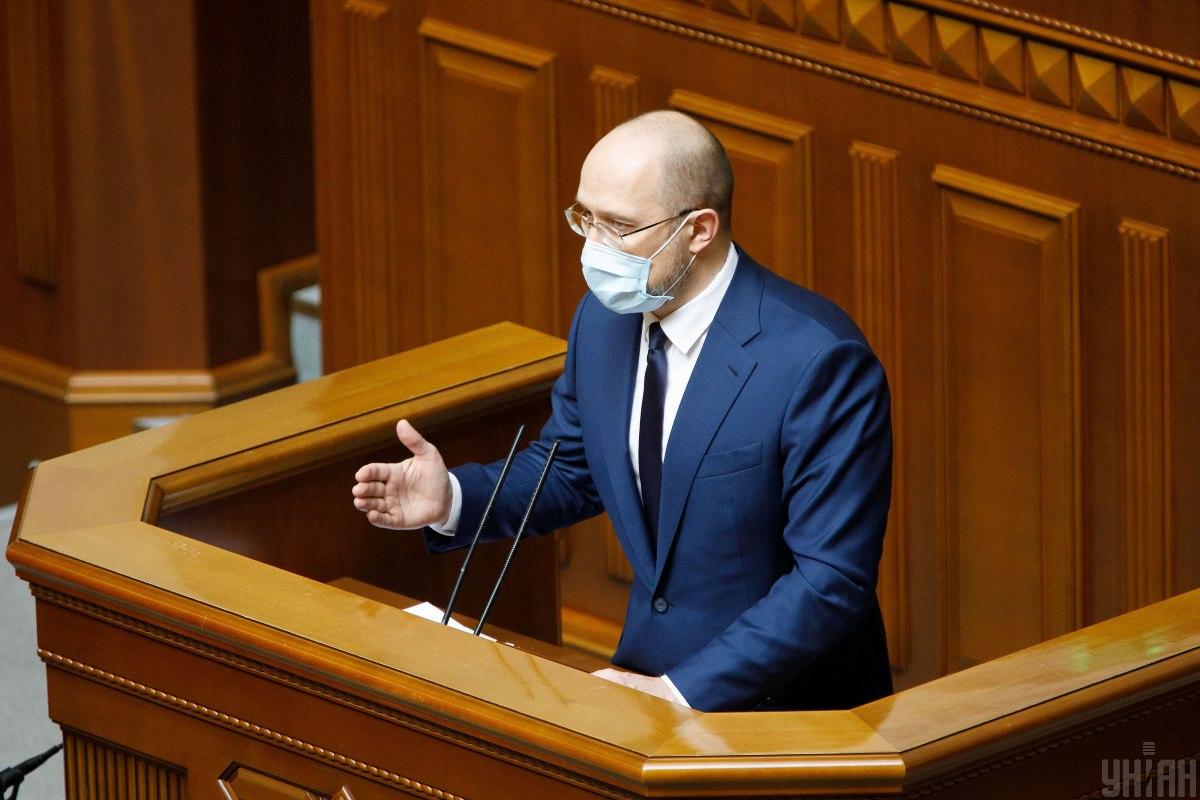
"The presentation we delivered is the ideological framework of our program, which includes an analysis of the current state of affairs in key sectors of the economy. At the same time, this ideological framework is already supported by proposals for regulatory changes within this program's framework. Support is also provided for all sectors of the economy, and most importantly, for small and medium-sized businesses," Shmyhal told the parliament meeting on Thursday.
The prime minister and his team foresaw such a critical attitude on the part of lawmakers, therefore, a few days prior to the vote, apparently, along with the president's office, a compromise decision was made – to return the action program for revision.
"Healthy economic nationalism"
A sneak peek into what the government's program will look like following the revision could be provided by another document – a strategy of economic incentives to overcome the consequences of COVID-19 that the government approved last week.
PM says the document was developed over six weeks involving dozens of think tanks, business associations and companies. "The strategy provides comprehensive responses to challenges. We decided that the coronacrisis is, among other things, our chance to pursue radical transformations, our chance to change approaches and our chance to start real transformations in the economy and country," said Shmyhal.
According to him, the strategy is designed for three years, while "healthy economic nationalism" and protection of domestic producers are the two ideas seen all across it.
The government expects that its implementation will bring the national economy into the recovery phase in the second half of this year. Minister for Development of Economy, Trade and Agriculture Ihor Petrashko pointed out that the strategy includes more than 200 specific measures and stands "on three pillars", which are access to finance, access to markets, and ensuring modernization and sustainable development.
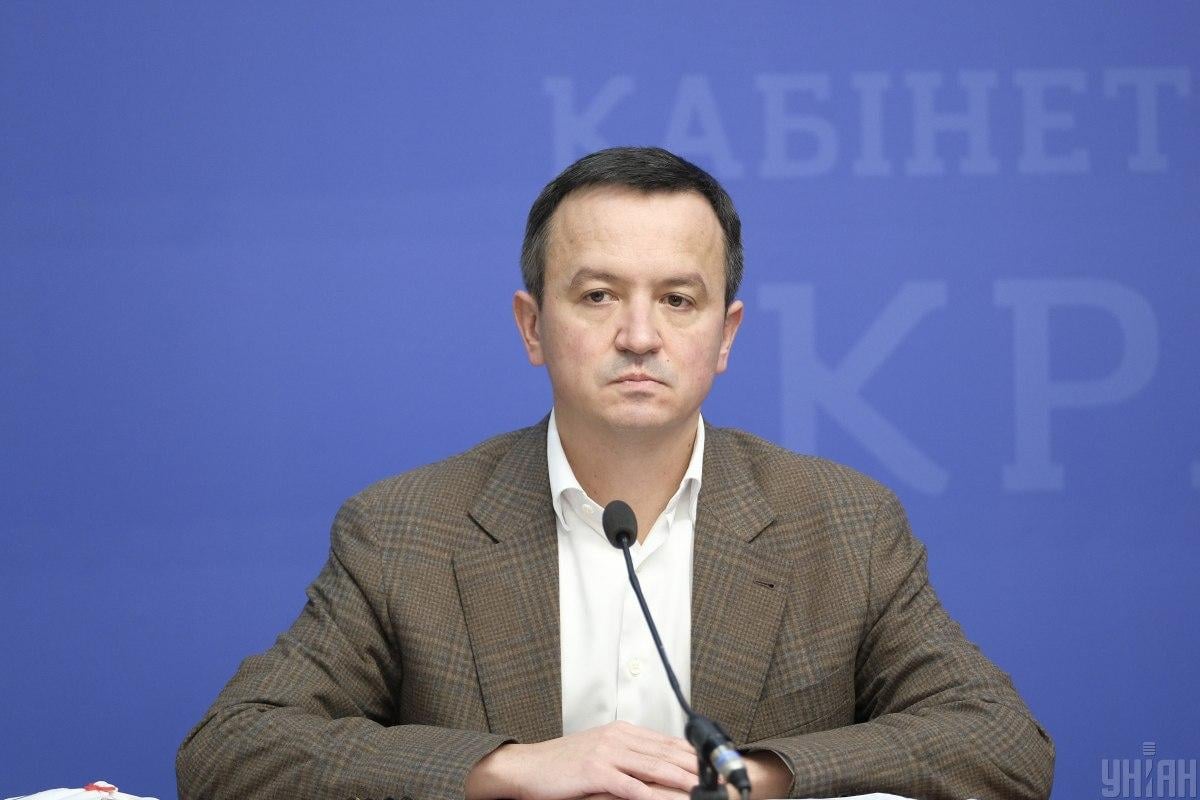
"First of all, the task of the program and the directions that have been developed include ensuring the safe functioning of the economy, since the challenges posed by the coronavirus concern not only the economic development, but also its safe functioning," said the minister.
The government wants to engage in protectionism, that is, to protect manufacturers of domestic goods from foreign competitors. To this end, the Cabinet plans to actively conduct anti-dumping and protective investigations, as well as to limit "unfair and growing imports", applying trade protection tools.
To this end, authors propose to apply mechanisms of the World Trade Organization and international treaties. It will be interesting to observe how these ideas will be implemented in real life, taking into account the existing free trade zones with the European Union and several other countries.
Government plans
The Cabinet proposes in the coming years to implement the following incentives for the industry: introducing a moratorium on increasing tax rates, restoring timely automatic VAT refunds, reducing restrictions on imports of raw materials, and activating localization mechanisms for Ukrainian engineering products.
Similar steps for the agro-industrial complex should include introducing programs to create value-added goods, increasing efficiency of government subsidies, stimulating remote marketing of agricultural products, and establishing distribution channels for smaller farmers.
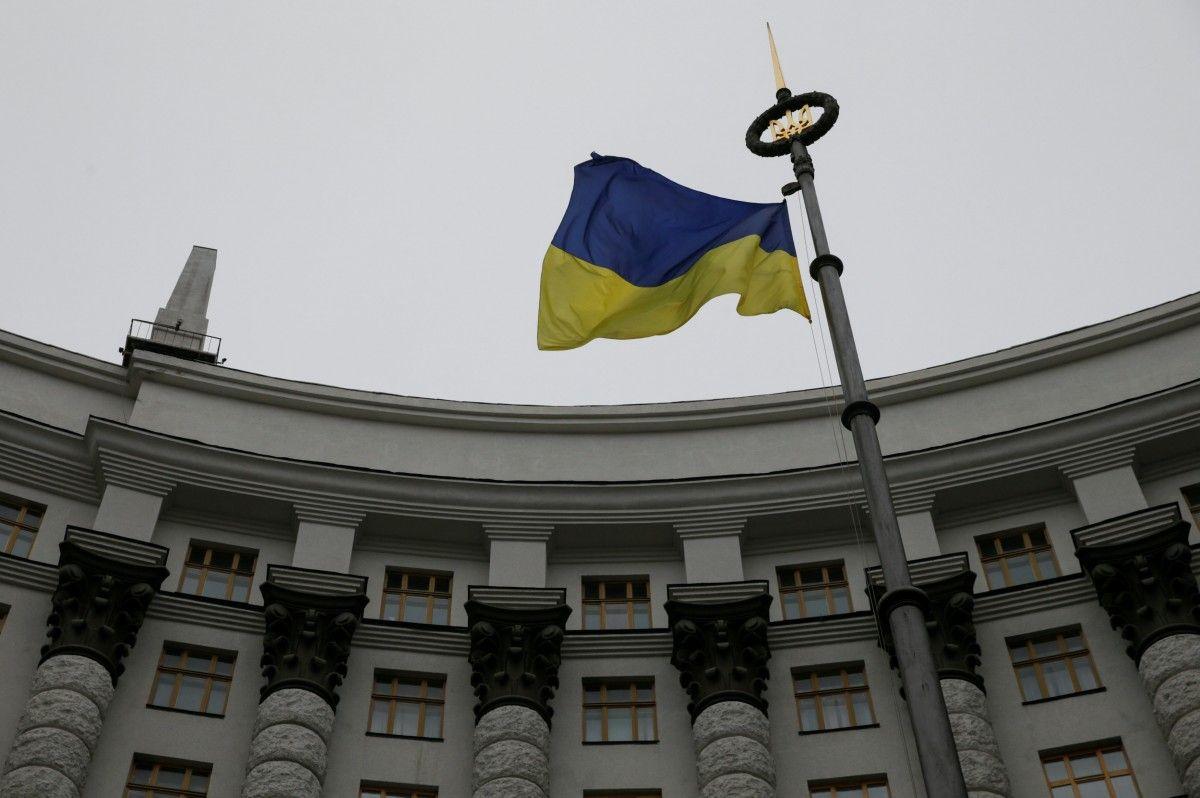
For the energy sector, the government plans to revise electricity tariffs for households and the so-called "green feed-in tariff", as well as establish a stimulating rental rate for hydrocarbon production within five years from the start of drilling.
They also seek to provide tax breaks, soft loans and financial support for the transport industry and infrastructure, establish a zero VAT rate on domestic transport, complete the unbundling of Ukrzaliznytsia railway operator, and reorganize the Administration of Seaports.
The government proposes to support businesses through the two lending programs ("5-7-9" and "New Money"), by providing state guarantees for loans. Besides, they want to give local budgets the opportunity to provide loan guarantees for entrepreneurs.
To conquer foreign markets, the Cabinet seeks to start issuing grants to exporters, launch an export credit agency, and strengthen lending to producers through the state-owned Ukreximbank.
More questions than answers
In expert circles, the anti-crisis strategy has received mixed reviews. According to Serhiy Fursa of the Dragon Capital Investment Company, the Cabinet’s intention to protect domestic producers could yield the opposite effect. "Program messages about economic nationalism are rather dangerous for the Ukrainian economy and may be dangerous to the result. Instead of giving a boost to economic recovery, it will slow down growth. This is an attempt to roll back reform, first of all, Prozorro [e-procurement platform], and an attempt to play games of protectionism, which always affects the economy," Fursa told UNIAN.
According to Dmytro Horiunov, senior economist at the Center for Economic Strategy, the strategy for economic recovery has more harmful or simply meaningless initiatives than useful ones.
"There are frankly lobbying proposals in the field of industry, transport, and environment. There's nothing or almost nothing there about privatization, competition, and law enforcement. Industry blocs are not too interconnected. There are empty initiatives like 'creating such and such a regulator' or 'drafting such and such a law' without describing the essence of changes, or there are proposals to do certain things that should be done anyway," he told UNIAN.
The expert noted that medium-term measures of the program are also a matter of concern because, despite the presence of blocs on small businesses, innovation, and creative industries, they, in fact, offer preservation of the existing model of the economy with the dominance of big capital.
At the same time, Horiunov said the program also had positive initiatives related to business deregulation.
"For example, it's the abolition of excessive reporting, replacement of state control with voluntary liability insurance or prevention of blocking of operations at a multidisciplinary enterprise in case if violations are detected on one type of activity," he said.
Executive Director at the Blazer International Foundation, Oleh Ustenko, in turn, pointed out that the strategy's main objective is to restore the national economy in the post-quarantine period to help it revive.
"The government and developers set the main task to mitigate COVID-19's negative impact on the economy of Ukraine, rather than that of the global crisis that affects us. From this perspective, I believe that the program corresponds to the tasks set," the expert said.
Time to act
According to Dmytro Horiunov, if today the goal is to restore the economy from the negative impact of quarantine, it is more logical to stimulate growth from below, that is, directly through people affected by restrictions.
"This will restore demand and automatically stimulate supply. As for fiscal incentives, they should be limited to easing fixed taxes and fees," the expert said. Also, according to him, the government needs to add measures to strengthen the fight against corruption and enhance antitrust regulation, as well as continue large-scale privatization, which, among other things, should be aimed at reducing the state's participation in the banking system.
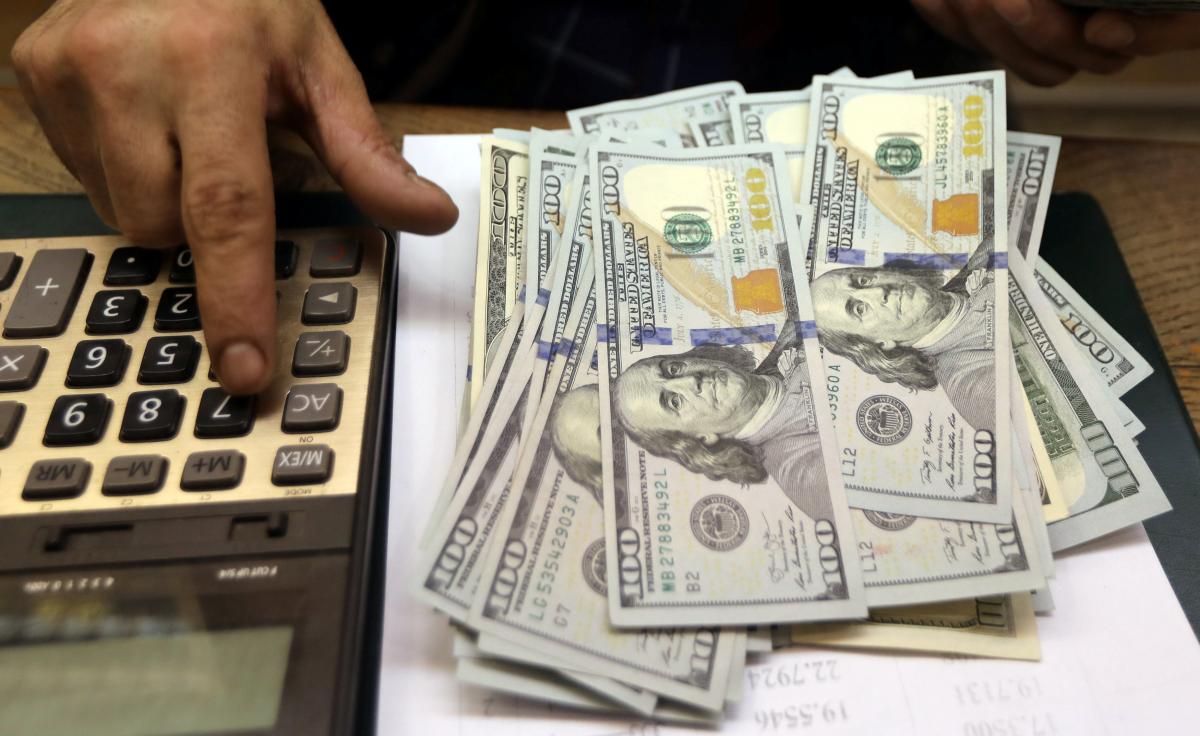
According to Oleh Ustenko, the program should include actions that could deliver a quick and positive effect. First of all, it's about measures to attract capital to the country and preserve the investments that are already here, in Ukraine.
"It is necessary to make an inventory of those large investment projects that are already working in the country. They need help so that they are not put on pause. If we don't help those who are already investing in the country, there's a risk that the projects will be put on hold and that we won't see additional jobs. In the long run, we will not receive taxes to the revenue side of the state budget," the expert explained.
He also drew attention to the fact that in conditions of limited financial resources, it is necessary for Ukraine to concentrate state support on sectors that could have a multiplier effect.
In the coming weeks, we will be able to see if the government heard deputies, business CEOs, and experts and if they will be able to create a working mechanism for effective support of the economy to ensure its recovery.
But the main thing is to make sure that they finally start taking real steps to improve the situation because, in a crisis period, any delay could be deadly.
Dmytro Shvarts


